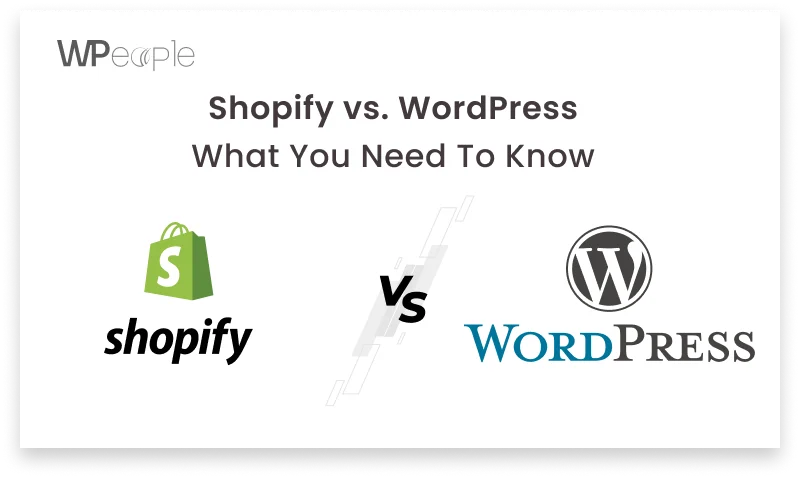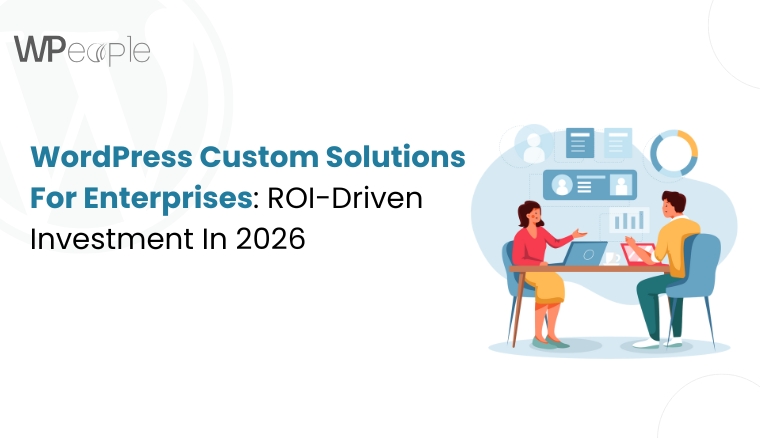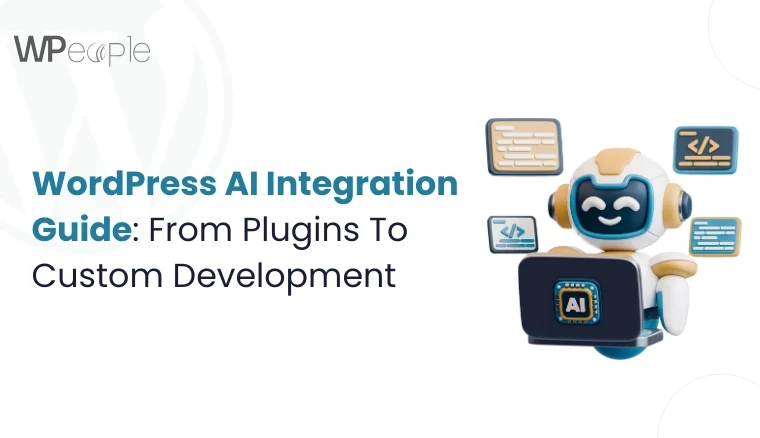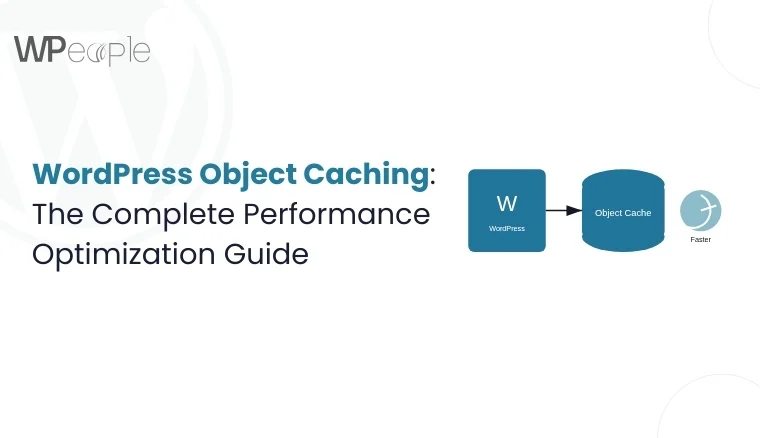
When launching an e-commerce business, choosing the right platform is one of the most critical decisions you’ll make. Two names consistently dominate the conversation: Shopify and WordPress (with WooCommerce). While both are powerful solutions, they cater to different business models, budgets, and technical comfort levels. This guide breaks down everything you need to know to choose the platform that fits your vision.
Understanding the Core Difference
The fundamental distinction lies in their architecture. Shopify is a fully managed, all-in-one platform where the company handles everything from hosting to security updates. WordPress, paired with WooCommerce, is self-hosted software that gives you complete control but requires you to manage the infrastructure yourself.
Think of it this way: Shopify is like renting a turnkey retail space, while WordPress is like owning the building and designing every detail yourself.
Shopify: The All-In-One Solution
Shopify powers over 4 million stores worldwide and remains the go-to choice for entrepreneurs who want to launch quickly without technical headaches.
Why Shopify Works
Simplicity and Speed
Setting up a Shopify store takes hours, not weeks. The platform guides you through each step with intuitive dashboards and pre-built workflows. You can be live and taking payments by the end of a single day. This rapid deployment is invaluable for entrepreneurs testing market viability or running seasonal campaigns.
Built-in Everything
Security, hosting, backups, SSL certificates, PCI compliance Shopify handles it all. You’re not juggling multiple vendors or worrying about server maintenance. This peace of mind is worth significant value, especially if you’re unfamiliar with e-commerce infrastructure.
Reliability and Performance
Shopify’s infrastructure is battle-tested at scale. Their content delivery network ensures fast load times globally, and their systems rarely go down. For growing businesses, this reliability translates directly to revenue protection.
Exceptional Support Ecosystem
Shopify offers 24/7 support via chat, email, and phone. Beyond direct support, there’s an enormous community, countless tutorials, and a thriving marketplace of certified experts. If you get stuck, help is readily available.
App Ecosystem
The Shopify App Store features thousands of integrations from email marketing and accounting software to customer review systems and advanced analytics. This modular approach lets you add exactly what you need without overcomplicating your setup.
The Trade-Offs
Monthly Subscription Costs
Shopify’s pricing starts at $39/month for its basic plan, scaling up to $2,300+ for enterprise solutions. These recurring costs stack up alongside payment processing fees. For businesses processing millions in sales annually, this becomes a significant operating expense.
Transaction Fees
Beyond payment gateway fees (typically 2-3%), Shopify charges additional fees if you don’t use their payment processor. These extra fees can cut into margins, particularly for high-volume, low-margin businesses.
Design Constraints
While Shopify offers attractive themes, deep customization requires technical expertise or hiring developers. You’re ultimately limited to what the platform permits. If you need a truly distinctive design, you’ll likely hit walls that WordPress wouldn’t present.
Limited Content Capabilities
Shopify focuses on selling, not storytelling. Building a content-rich blog or knowledge base feels like an afterthought rather than a core strength. If brand-building through content is central to your strategy, WordPress excels here.
Locked-In Ecosystem
Migrating away from Shopify involves exporting data and rebuilding elsewhere. While possible, it’s complicated and time-consuming, creating vendor lock-in.
WordPress with WooCommerce: Maximum Control
WordPress powers over 43% of all websites globally, and WooCommerce extends that dominance into e-commerce, serving millions of online stores.
Why WordPress Resonates
Absolute Design Freedom
WordPress offers virtually unlimited customization. Thousands of themes and plugins provide starting points, but you can modify virtually any aspect of your store’s appearance and functionality. If you can imagine it, WordPress can probably do it. This appeals to brands that need distinctive experiences.
Content Marketing Powerhouse
WordPress originated as a blogging platform, and that legacy remains its strength. Creating rich blog content, landing pages, resource libraries, and multimedia experiences feels natural in WordPress. Businesses building authority through content thrive here.
No Transaction Fees
You’re not paying Shopify’s markup on transactions. You only pay your payment processor (typically 2-3%) and hosting costs. This significantly improves margins for high-volume operations.
Cost Efficiency at Scale
While WordPress requires more hands-on management, running costs can be lower than Shopify’s ongoing subscriptions particularly for established businesses with IT support. A robust hosted WordPress site might cost $100-500/month, versus Shopify’s recurring fees.
Flexibility in Growth
Want to expand your site with custom features? WordPress allows developers to build exactly what you need. You’re not constrained by platform limitations or waiting for third-party app developers.
True Ownership
Your data, your site, your rules. You’re not dependent on a SaaS platform’s roadmap, pricing changes, or policy decisions. This sovereignty appeals to long-term business owners.
The Complexity Factor
Technical Demands
WordPress requires managing hosting, security updates, backups, plugin compatibility, and potential vulnerabilities. A security breach, outdated plugin, or server misconfiguration can create serious problems. This isn’t suitable for founders who want zero technical responsibility.
Steeper Learning Curve
While WordPress itself is relatively beginner-friendly, building a robust e-commerce operation requires understanding hosting, databases, SSL certificates, and server optimization. Mistakes have real consequences.
Support is Fragmented
There’s no single entity responsible for your site. Hosting providers offer infrastructure support, plugin developers handle plugin issues, and general WordPress questions get answered by communities. Troubleshooting often involves multiple vendors and longer resolution times.
Maintenance Burden
Someone needs to maintain your site updating plugins, monitoring performance, managing backups, and addressing security concerns. For non-technical founders, this typically means hiring developers, adding operational costs.
Performance Tuning Required
While Shopify handles optimization automatically, WordPress requires active management. A poorly configured WordPress store becomes slow and frustrating. Optimization isn’t difficult but requires knowledge or expertise.
Making Your Decision
Choose Shopify if you:
- Want to launch quickly without technical complications
- Prefer predictable, all-inclusive pricing
- Value hands-off operations and official support
- Plan moderate customization
- Are building a straightforward e-commerce store
Choose WordPress if you:
- Need maximum design and functionality flexibility
- Plan to build substantial content alongside commerce
- Have technical expertise or can hire developers
- Want to minimize transaction fees at scale
- Prioritize long-term ownership and independence
- Are building a unique brand experience
The Hybrid Approach
An increasingly popular strategy is starting with Shopify for speed and reliability, then migrating to WordPress as the business matures and customization needs grow. This gives you the best of both worlds: rapid market entry with eventual freedom and control.
The Role of Custom WordPress Development
For businesses choosing WordPress, custom WordPress development unlocks capabilities that off-the-shelf solutions simply can’t match. Rather than limiting yourself to existing themes and plugins, custom development lets you build tailored functionality that aligns perfectly with your brand and business processes.
Whether you need unique checkout flows, proprietary integrations, specialized inventory management, or distinctive customer experiences, custom WordPress development transforms WordPress from a generic platform into a purpose-built business tool. This flexibility is particularly valuable for established brands, complex operations, or businesses with specific technical requirements that standard plugins don’t address.
Final Thoughts
Neither platform is universally “better” they serve different needs brilliantly. Shopify suits entrepreneurs who value simplicity, speed, and support. WordPress serves businesses that prioritize customization, content, and long-term ownership. Assess your specific needs, timeline, technical capability, and growth plans. The right choice becomes clear once you understand what matters most to your business.
Consult with Our WordPress Experts On:
- WooCommerce Store
- Plugin Development
- Support & maintenance




